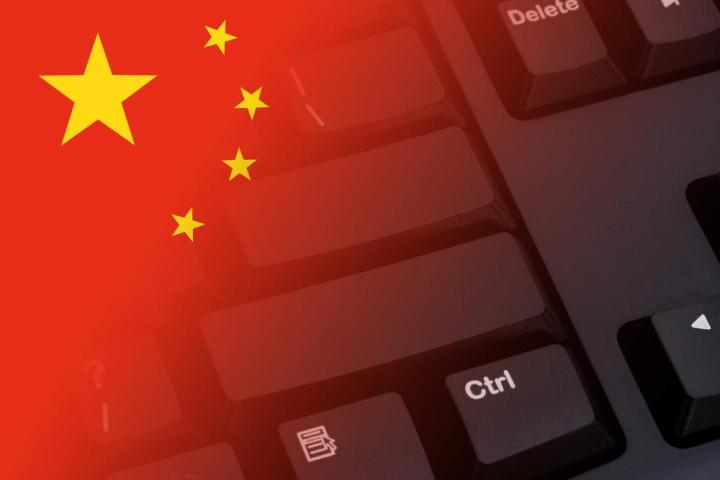
The foreign content restrictions will be implemented in full by March 10, the Chinese government says, and will require all potential publishers to first negotiate with state officials before being able to disseminate anything, including digitized books, art, literature, and science on the Web.
“This is the latest in a series of legal changes that seek to restrict the influence of foreign or western ideas,” Jacques deLisle, a Chinese law expert at the University of Pennsylvania told the New York Times. “And it’s also part of a larger attempt to exercise control over the Internet and new media.” Already, China has enormous controls on its version of the Internet — censorship runs rampant, and many American Internet companies, including Google, Facebook, YouTube, and Twitter, are inaccessible in China.
“Foreign media have never been able to operate freely in China, so in some ways there is nothing new here,” Jeremy Goldkorn, director of Danwei, a research firm tracking Chinese media, told Fortune.
But what may be new is the extent to which these rules will actually be enforceable. Ying Chan, the director of the journalism program at the University of Hong Kong, expressed his skepticism at the applicability of the new limitations in an interview with Quartz. “Using rules of the print age to govern the Internet does not work,” she said. “How do you license media in an age when everyone could become a writer and publisher? With this set of regulations, the government is fighting both market forces and technology.”
Editors' Recommendations
- MSI’s last RTX 3090 Ti now looks better than ever, and you can get it for free
- Acer’s new workstations are more powerful than ever before
- The chip shortage is pinching PC parts harder than ever before
- SpaceX’s new Cargo Dragon splashdown will deliver science cargo faster than ever
- Technology is easier than ever to use — and it’s making us miserable

